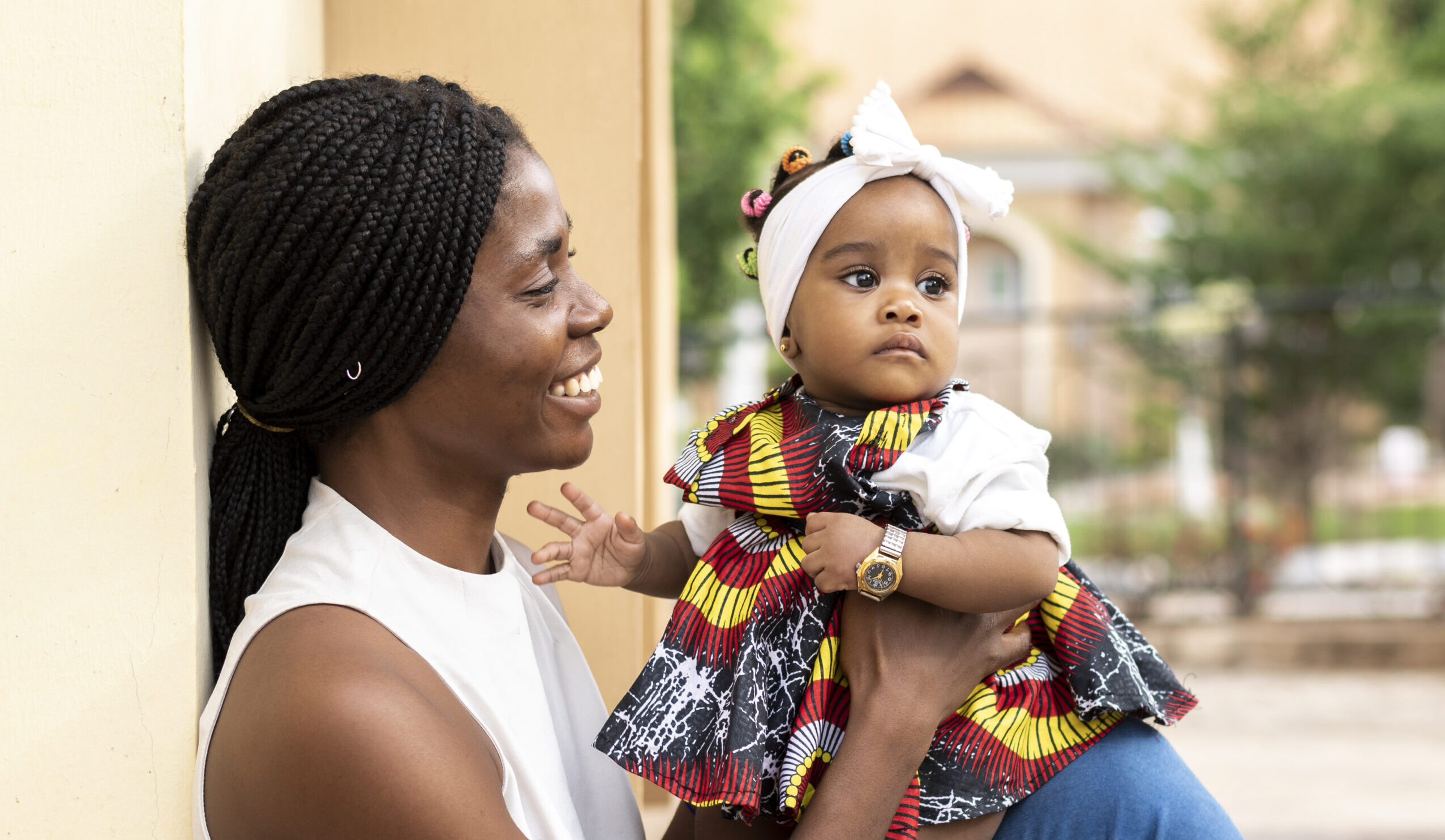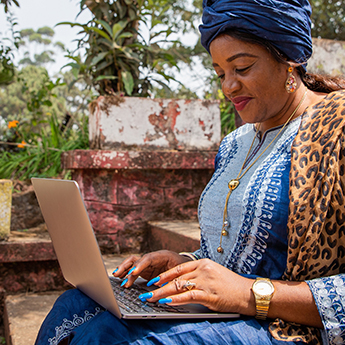Calling for Creative, Bold, and Youth-friendly Campaign and Communications Experts!
A group of youth-led organizations – supported by FP2030 – is setting out to challenge the Sexual and Reproductive health and Rights field (especially governments, iNGOs, and donors)and take the movement for equitable partnerships with young people to the next level!








